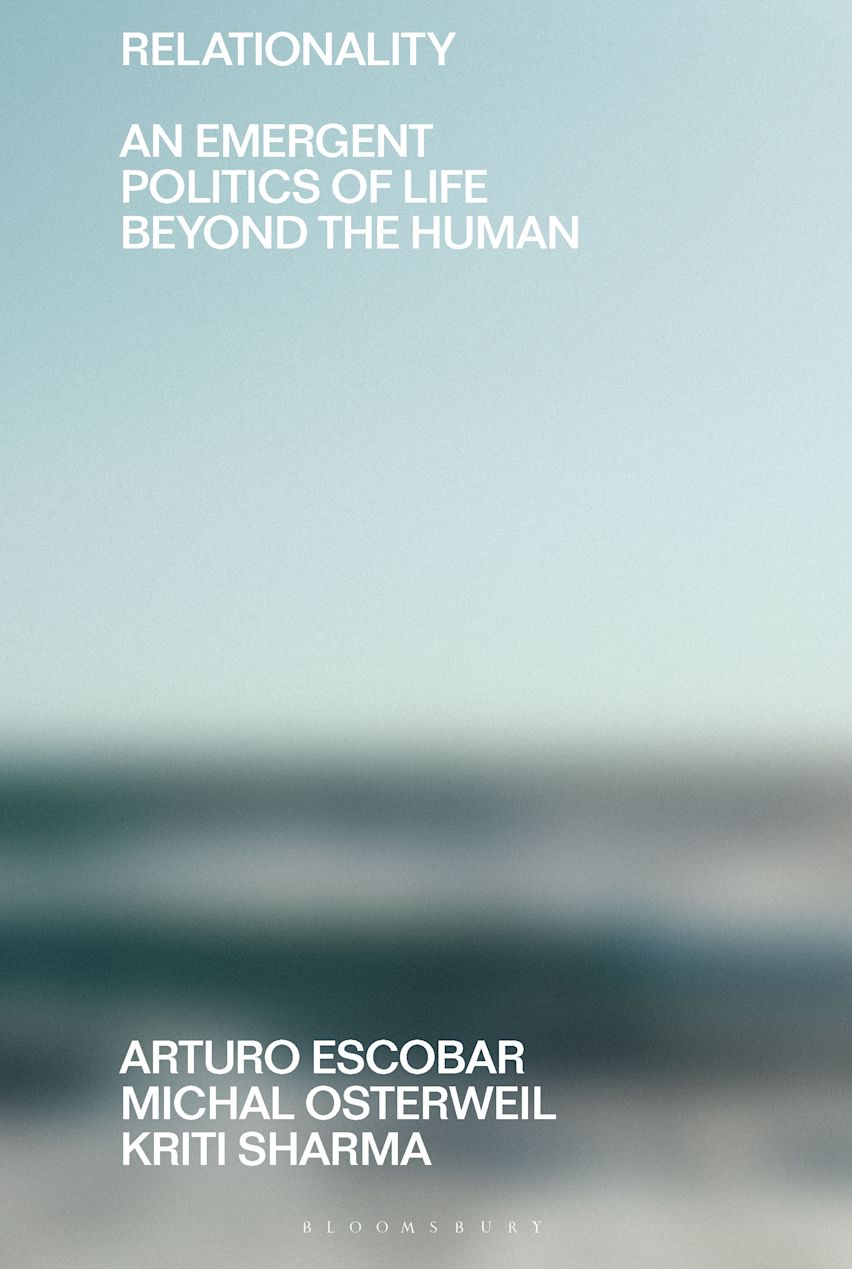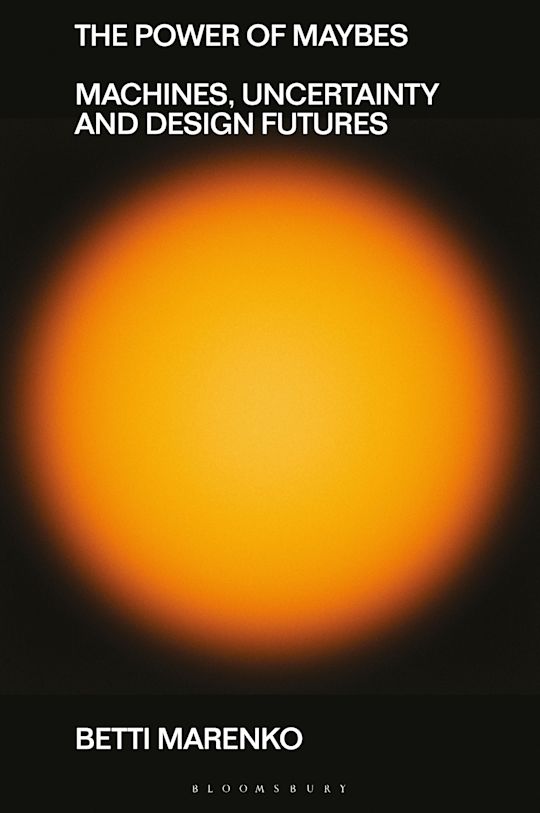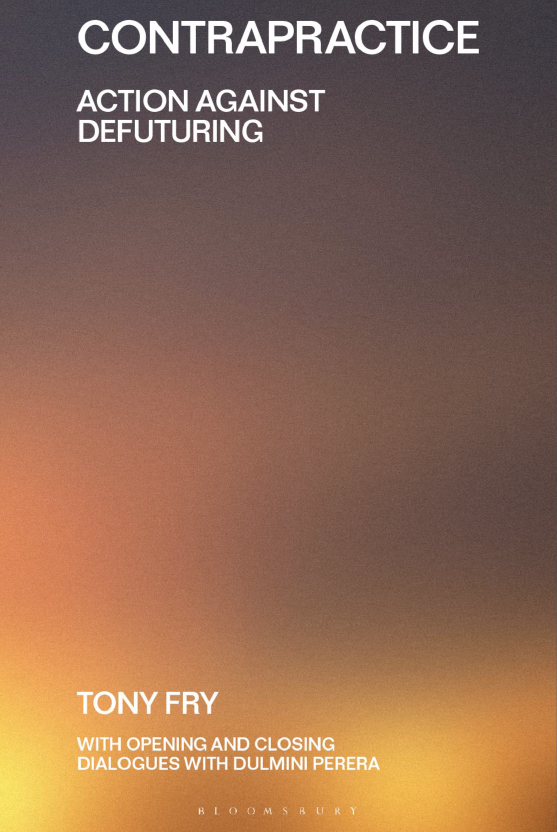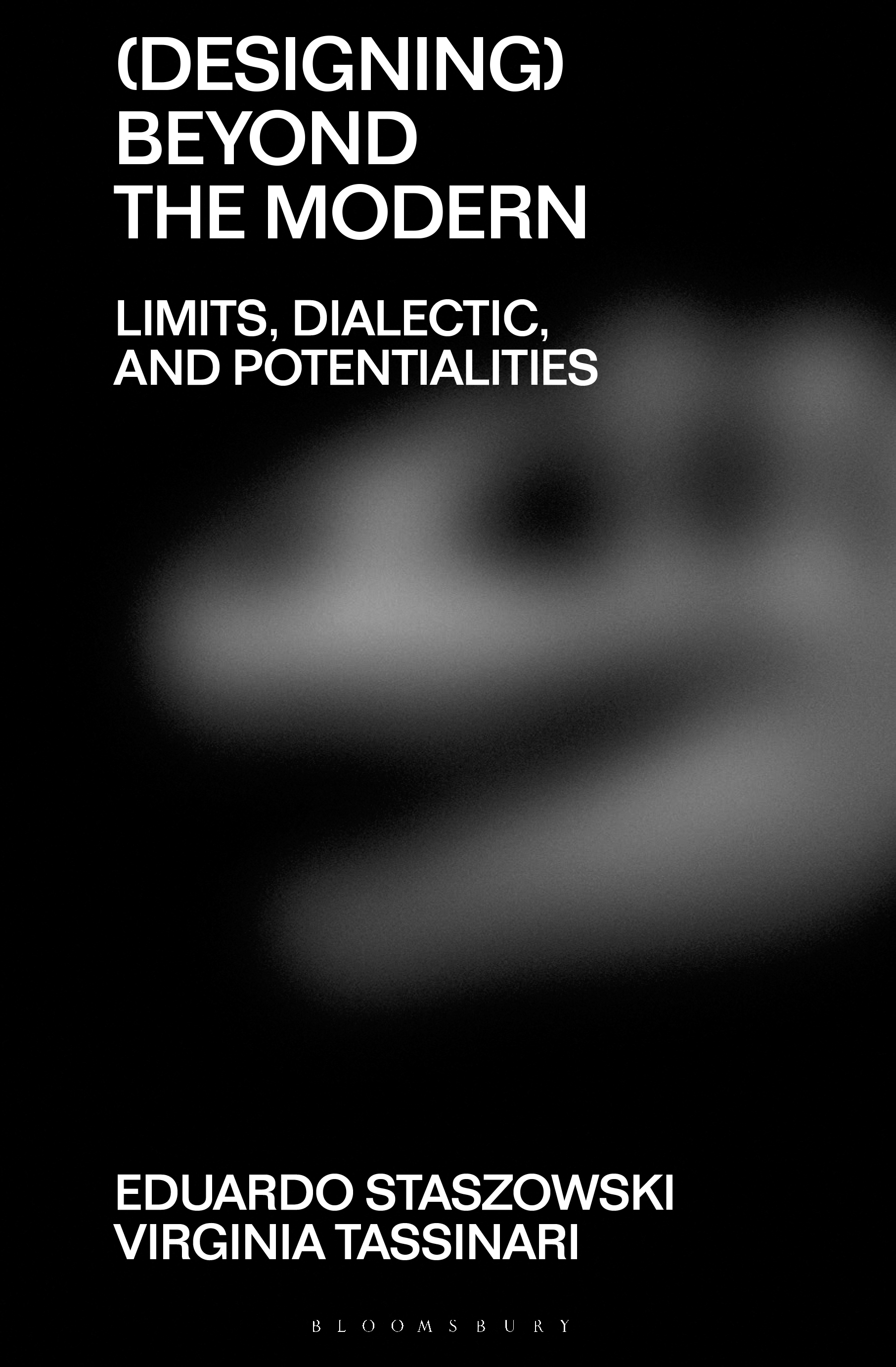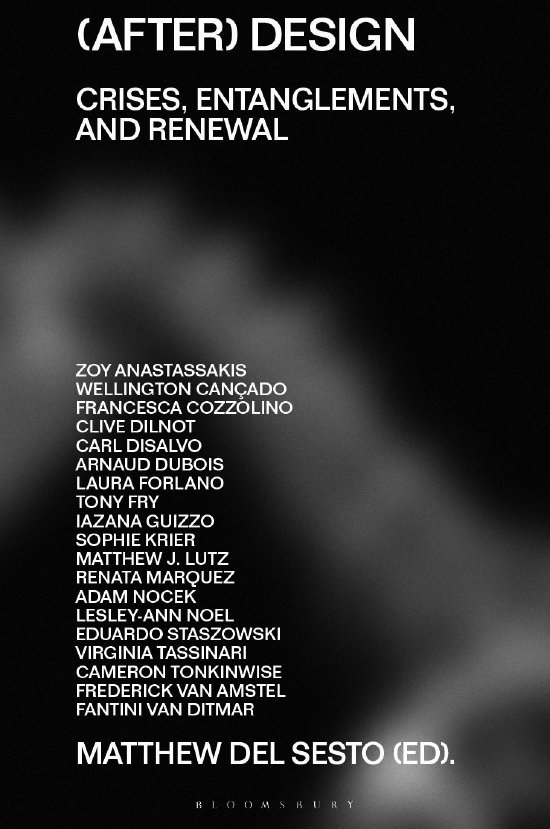
Bloomsbury
This book brings together two extended essays that explore the philosophical and political implications of living in a world increasingly shaped by the artificial.
The first essay, The Possibility of the Artificial, does not address so-called “artificial intelligence,” but instead examines the deeper reality that the artificial has become the unsurpassable condition of the world. No longer merely a phenomenon among others, the artificial now constitutes the primary medium, horizon, and basis of existence for all living entities. This shift from nature to artifice as the dominant ground of life raises fundamental questions. How must our modes of thought and action transform to meet this condition? What methodological, substantive, and subjective consequences follow? And, more provocatively, what new possibilities, previously unthought or even inconceivable, are now required for both thinking and doing?
The second essay, The Urgency of the Possible, turns toward politics understood in terms of realization and justice. It considers the possible in two interlinked senses: first, as an immediate political imperative—the necessity of articulating viable political and economic futures that are not bound to the catastrophic trajectories of the present; and second, as an ontological condition inherent in the artificial itself. Bridging these concerns is a critique of the prevailing ideology that denies the possible and forecloses transformative alternatives. The essay examines how this denial might be overcome socially and politically, and how such an overcoming could open a renewed space for political thought and action grounded in the capacity to imagine and act otherwise.
Clive Dilnot is a design theorist, writer, and educator whose work explores the ethical, political, and epistemological dimensions of design. He is Professor Emeritus of Design Studies at Parsons School of Design, The New School, where he helped shape transdisciplinary approaches to design education and theory. His research addresses the role of design in contemporary life, particularly in relation to artifice, responsibility, and the conditions of modernity. Dilnot is widely published and has written extensively on the work of John Heskett, Tony Fry, and the philosophical foundations of design.
